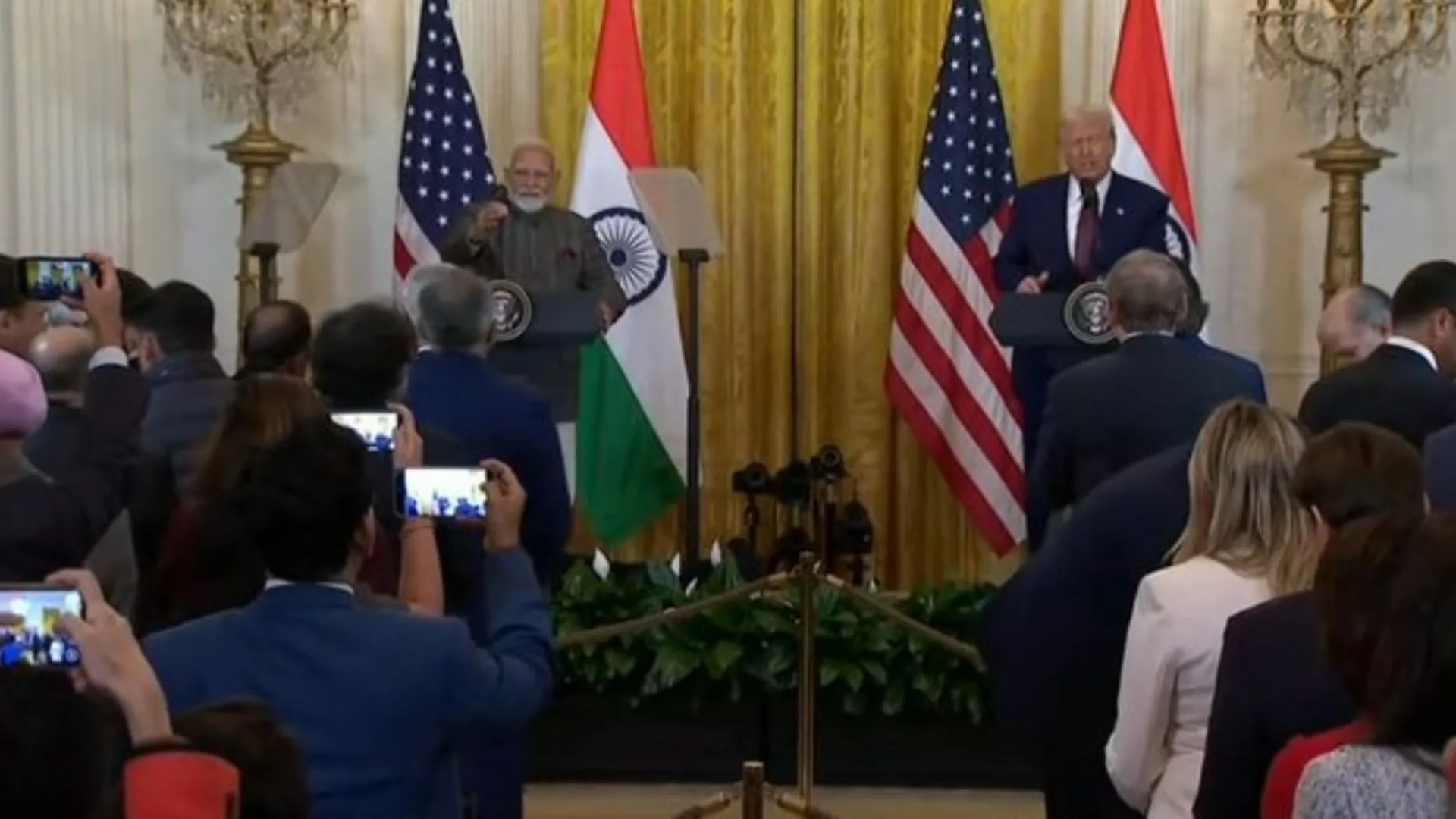Donald Trump’s executive order banning transgender girls and women from participating in female sports has sparked a potential clash with global sports organizations, as the United States heads towards the 2028 Los Angeles Olympics.
The order directs the U.S. Department of Justice to ensure that all government agencies—federal, state, and local—enforce the exclusion of transgender girls and women from female school sports. This move is based on Trump’s interpretation of Title IX, a law against sex discrimination in education. The former president also declared that transgender athletes would not be allowed to compete in the LA28 Olympics, urging the International Olympic Committee (IOC) to “change everything” about its stance on the issue.
While the order has gained support from Trump’s followers who argue it will restore fairness in women’s sports, international organizations have not responded positively. The decision is expected to reignite debates between the IOC and various global sports federations regarding the inclusion of transgender athletes, particularly in elite sports.
The IOC has refrained from implementing a universal policy for the Olympics, opting instead to let individual federations decide the rules for their specific sports. Some federations, including those in athletics, swimming, and rugby, have already established policies, but many have yet to finalize them.
In response to Trump’s order, the IOC issued a neutral statement, expressing its intent to continue discussions with relevant authorities. However, many observers are frustrated by the order, especially since it appears to conflate transgender athletes with those who have Differences of Sexual Development (DSD). DSD athletes, who naturally produce higher levels of testosterone due to genetic variations, can have physical advantages in certain sports.
The controversy surrounding transgender athletes reached a peak during the 2024 Paris Olympics, where two DSD female boxers won gold medals, sparking further debate. One of these athletes, Algerian boxer Imane Khelif, was mentioned by Trump in his speech, accusing her of being a “male boxer” after her victory over Italian Angela Carini, who had to forfeit due to the physical dominance of Khelif.
The IOC had previously cleared transgender athletes to compete in the Olympics as early as 2004, with New Zealand’s Laurel Hubbard becoming the first transgender athlete to compete at the Tokyo 2021 Games. However, DSD athletes like South African middle-distance runner Caster Semenya have faced ongoing challenges, including restrictions on their testosterone levels, which have led to a series of legal battles.
Although Trump’s executive order is unlikely to directly affect the LA28 Olympics, it could still create friction with the IOC, which operates independently of U.S. political influence. Trump’s stance could also impact the visa policies for transgender athletes seeking to participate in U.S.-based events, as the order grants the Department of Homeland Security and the Secretary of State authority to review and potentially deny visas to athletes competing in women’s sports.
This issue is expected to dominate discussions as the IOC prepares for its presidential election in March 2025. Some candidates, like World Athletics president Sebastian Coe, are pushing for clear policies to protect women’s sports, while others advocate for more scientific research to inform decisions. However, none of the candidates are proposing a complete ban on transgender athletes at the Olympics.
As the debate over transgender inclusion in sports continues to evolve, the international sports community faces a complex and ongoing challenge in balancing fairness, inclusivity, and the integrity of women’s sports.
ALSO READ: Delhi Election 2025 Results: Did Every AAP Leader Who Went To Jail End Up Losing?























